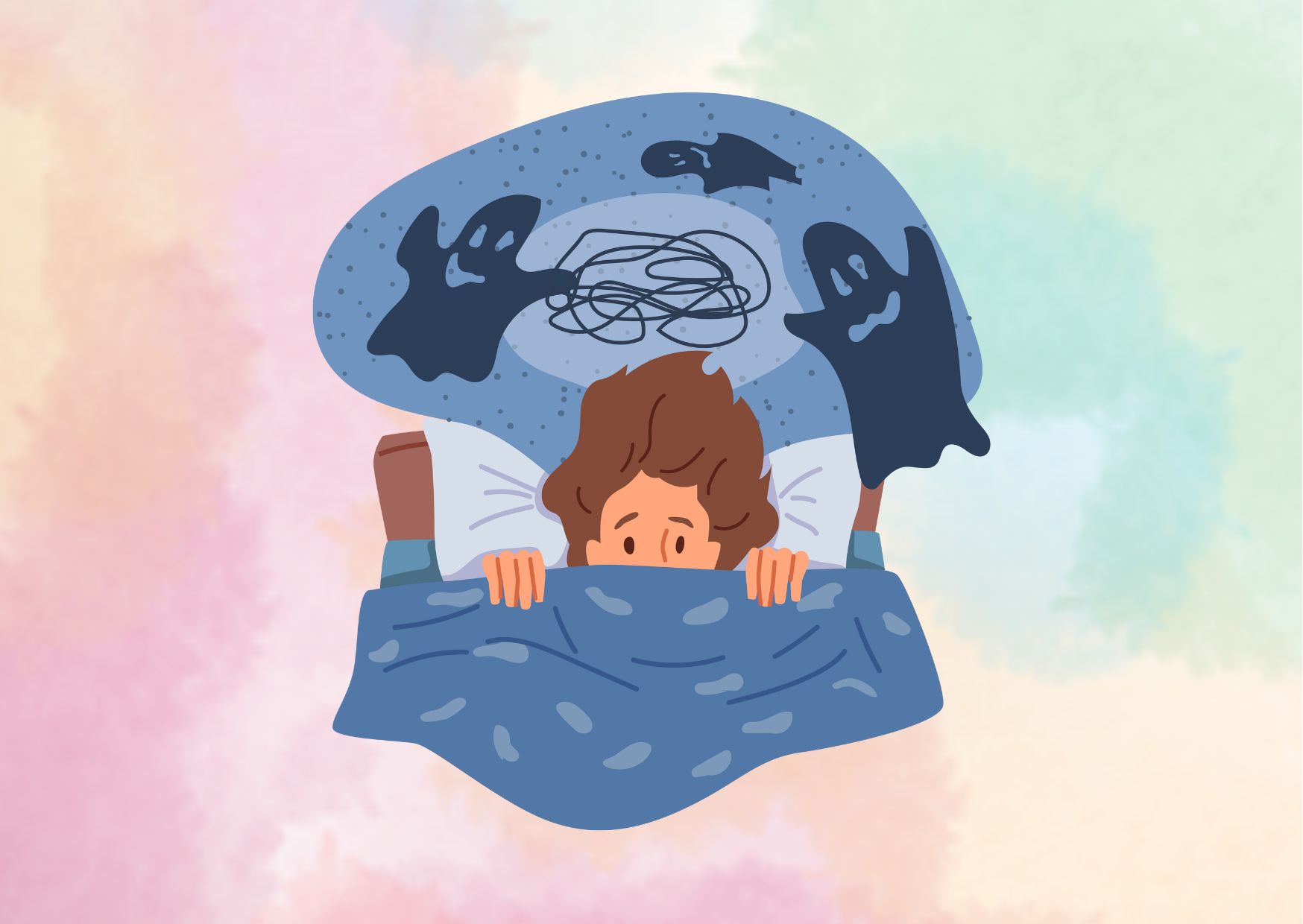The Meaning Behind the Most Common Nightmares: Understanding Your Dreams
At Inquire Talk, we understand the complexities of relationships and the toll they can take on your mental health. One aspect of our psychological well-being that often gets disrupted is our sleep. We’ve all had those nights where we’re jolted awake by a terrifying nightmare, leaving us feeling anxious and unsettled. But what do these most common nightmares actually mean? In this article, we’ll explore the most common nightmares and delve into their hidden meanings. From being chased to falling and everything in between, let’s unlock the secrets behind our dreams.
Nightmares: A Window into Our Subconscious
Nightmares are more than just bad dreams. They are intense and distressing experiences that can leave us feeling shaken long after we wake up. While the exact causes of nightmares are still not fully understood, experts believe that they are often triggered by stress, anxiety, and past trauma. They can serve as a window into our subconscious, reflecting our fears, anxieties, and unresolved issues. By understanding the meanings of most common nightmares, we can gain valuable insights into our own minds and emotions.
The Meaning Behind the Most Common Nightmares
The Most Common Nightmares and Their Meanings
- Being Chased: Running from our Fears
One of the most common nightmares is the sensation of being chased. Whether it’s a faceless figure or a monstrous creature, the feeling of being pursued can be incredibly distressing. This nightmare often represents our attempts to avoid or escape from something in our waking lives. It may symbolize unresolved conflicts, fears, or anxieties that we are trying to outrun. By facing these fears head-on, we can gain a sense of empowerment and overcome the challenges that hold us back.
- Falling: A Lack of Control
Falling dreams are another frequently experienced nightmare. The sensation of plummeting into an abyss can evoke feelings of helplessness and a lack of control. This dream often reflects a sense of insecurity or anxiety about a specific situation in our lives. It may signify a fear of failure or the inability to maintain stability. By addressing the underlying causes of our anxieties and working towards finding balance and control, we can alleviate the frequency and intensity of falling nightmares.
- Teeth Falling Out: Insecurity and Self-Doubt
One of the most common nightmares is the dream of losing our teeth. This dream is often associated with feelings of insecurity and self-doubt. Our teeth are symbols of power, confidence, and our ability to communicate effectively. When they fall out in our dreams, it can signify a loss of control or a fear of losing something important to us. This nightmare may indicate underlying issues with self-esteem and a need to address our insecurities.
